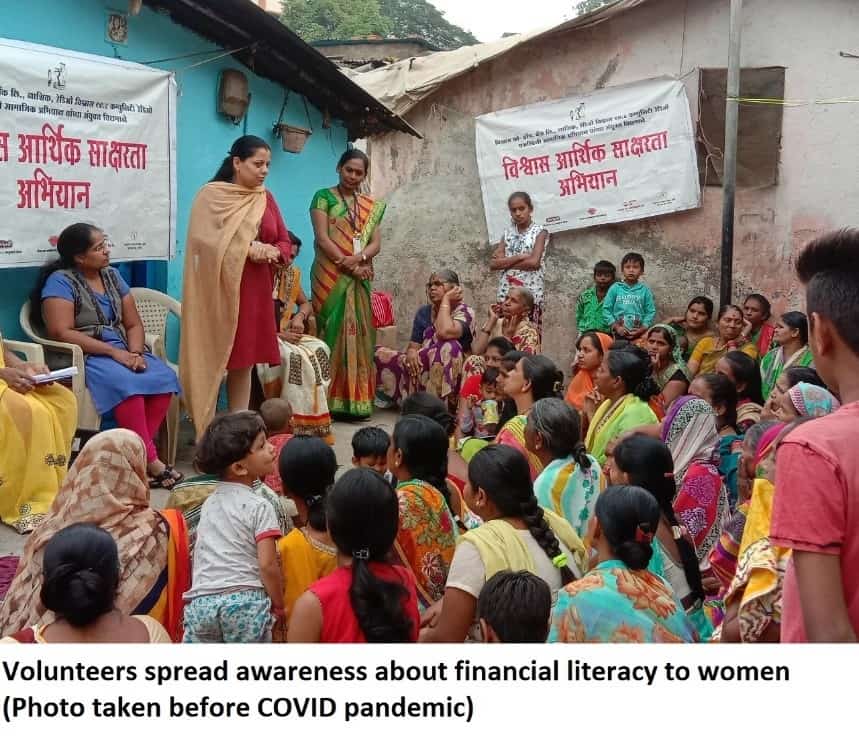Nashik (Maharashtra): A community radio station that is helping educate poor students – who can ill-afford expensive smartphones – is earning laurels for helping bridge the digital divide during the Covid-19 pandemic lockdown.
“Radio Vishwas 90.8”, run by the Vishwas Dhyan Prabodhini & Research Institute (VDPRI), also bagged two awards at the recent 8th National Community Radio Awards, instituted by the Information & Broadcasting Ministry.
It won the first prize in the ‘Sustainability Model Awards’ and the second prize in the ‘Thematic Awards’ category for its radio programme, “Education For All” during the pandemic.

Launched in June 2020, the programme aimed at providing free education, especially for the poor students from Class 3 to Class 10, studying in Zilla Parishad and Nashik Municipal Schools, benefitting around 60,000.
Daily for 14 hours, it broadcast lectures in Hindi, Marathi, English and Sanskrit – recorded by 150 teachers in a studio – which all could access and gain education, said Radio Vishwas 90.8 Station Director Dr. H.V. Kulkarni.
According to Kulkarni, a group of teachers from Igatpuri taluka in Nashik distributed 451 FM devices comprising an USB, Bluetooth and high-end speakers to students to ensure they didn’t miss out any lectures on the current syllabus.
Now, the plan is to upload these lectures on YouTube which can be used to teach the students when normal schooling resumes post-lockdown.
“The programme received a very positive response… There are students trapped in poverty and cannot afford smartphones for digital education,” Kulkarni said.
The lectures were aired according to slots allocated for each subject, akin to school periods for the benefit of the students.
Buoyed with the success, the lectures were shared with 6 other CRSs in Maharashtra and the content was broadcast through their radio channels to benefit their student-listeners.
The CRS’ innovative sustainability model enabled the radio station to sustain itself in four key areas – financial, human, technical and content.
Over the past 10 years, the radio station has developed a listener base of around 300,000, spread across a radius of 10-15 km, said Kulkarni.
The CRS focusses on topics of local and community interests ranging from kitchen gardens to favourite reading to issues that confront senior citizens, and is run by the locals who host talk-shows, sing or play local songs and music for the keen audiences.

